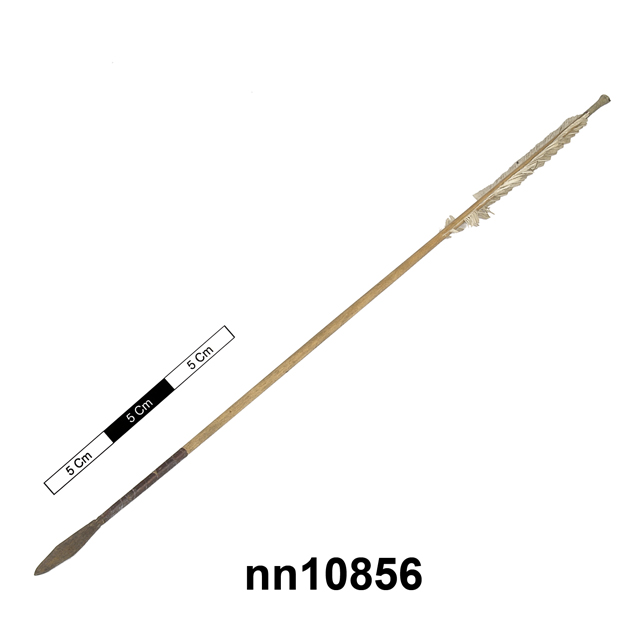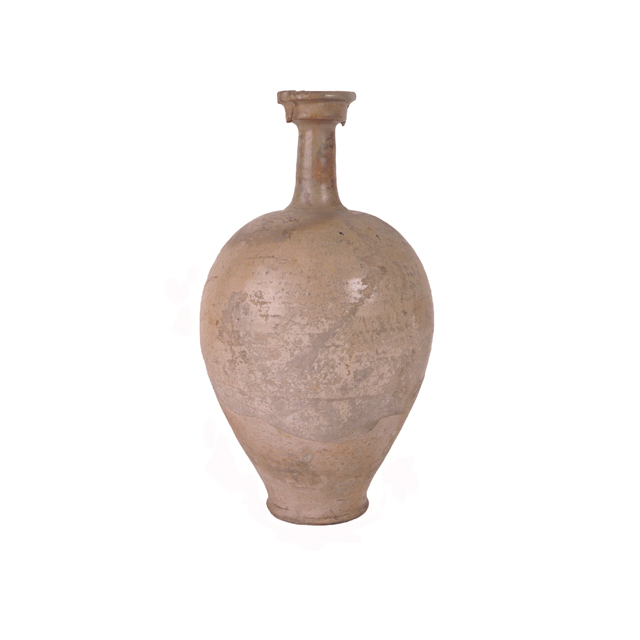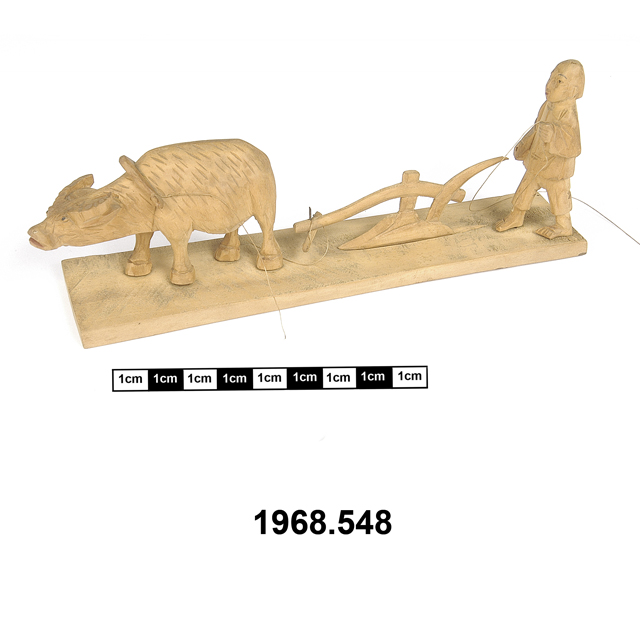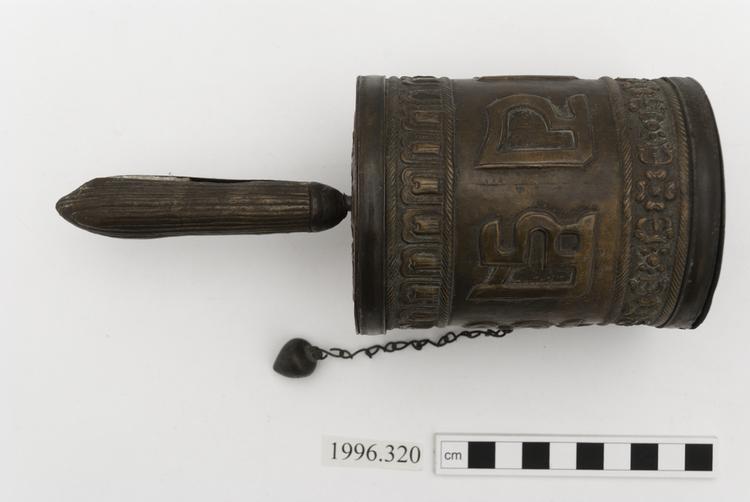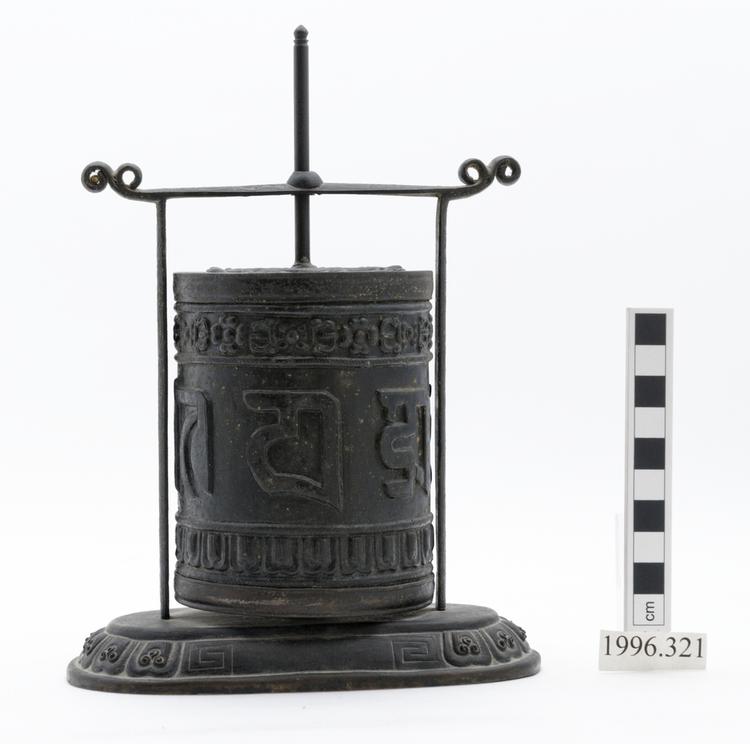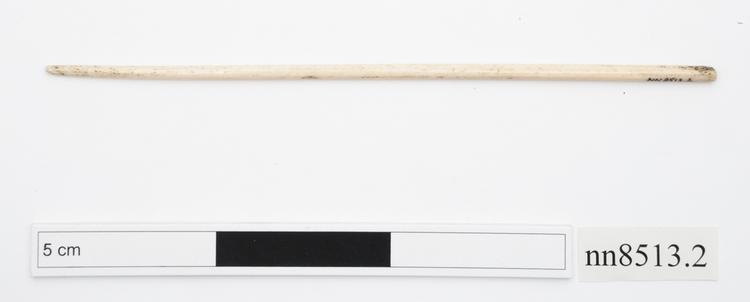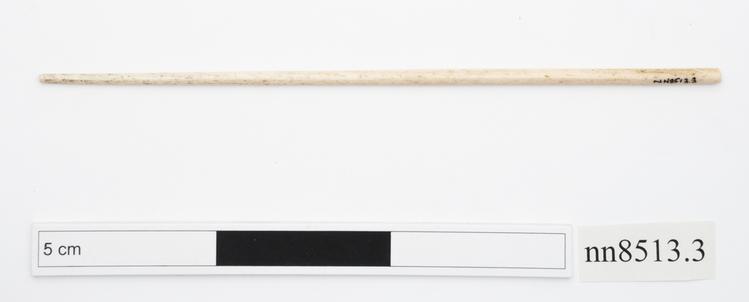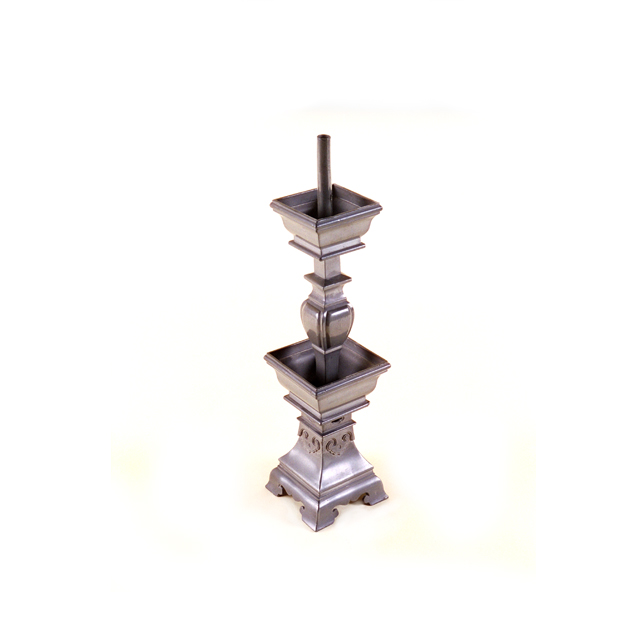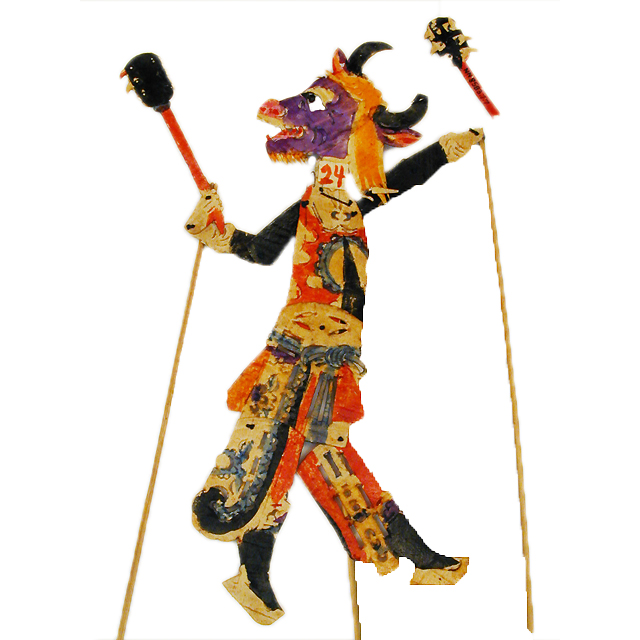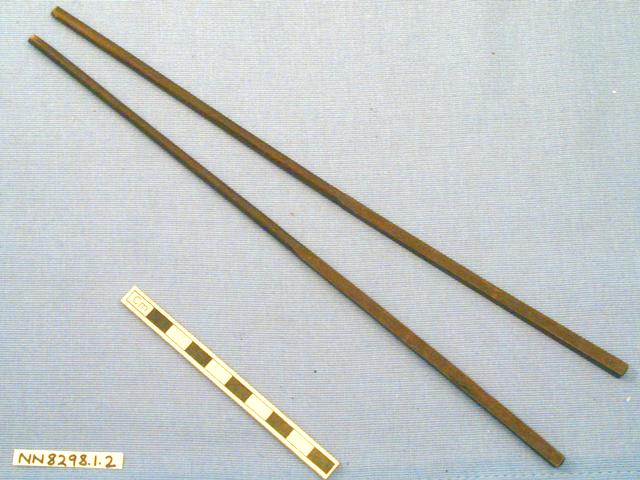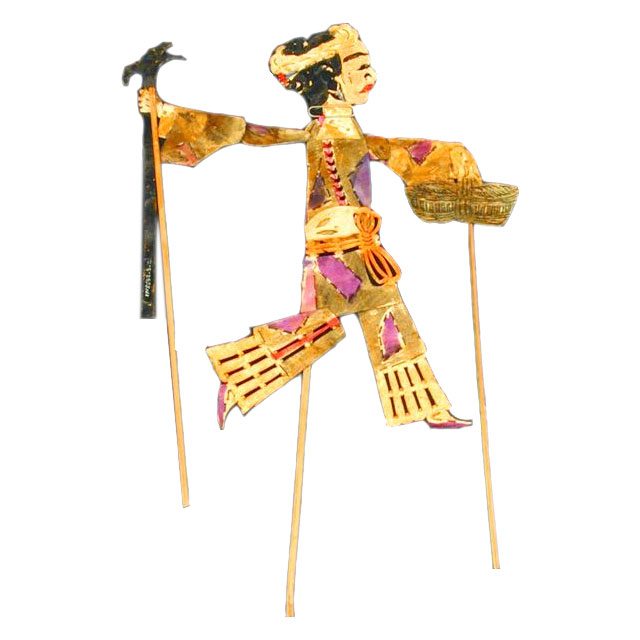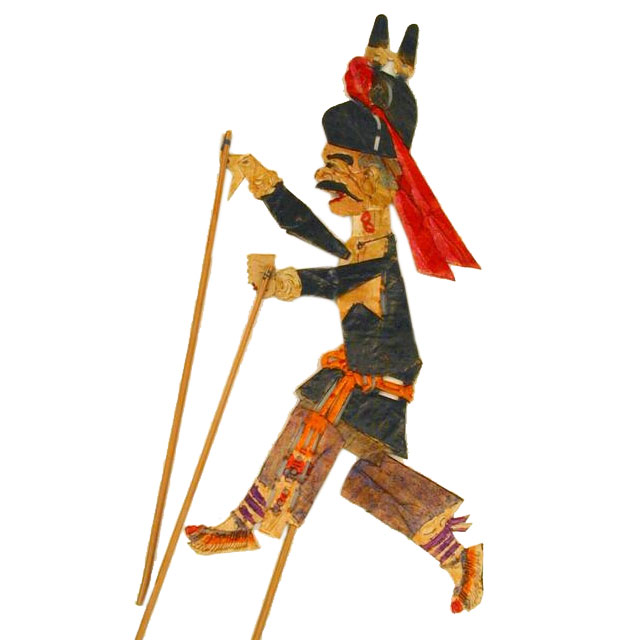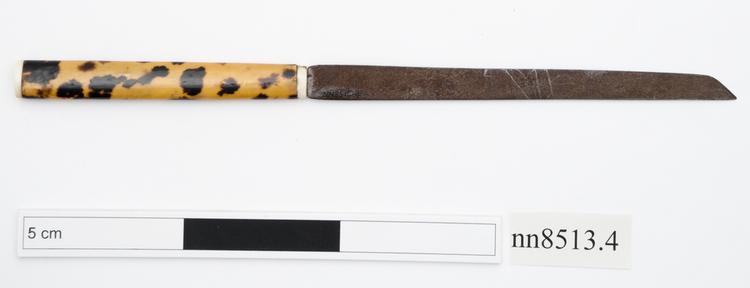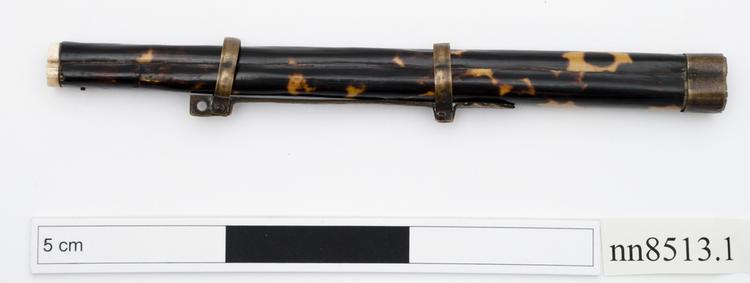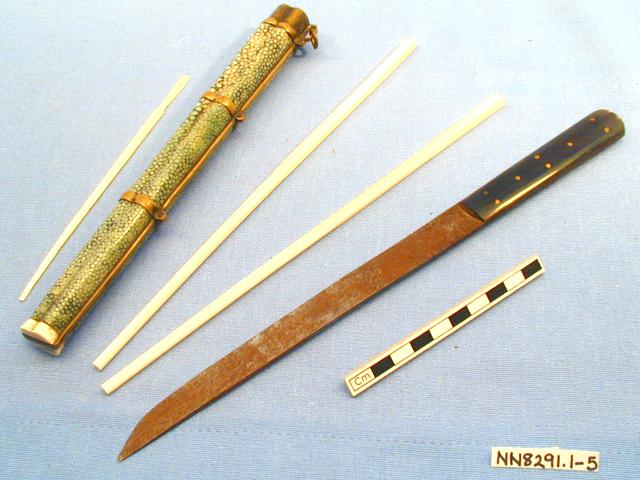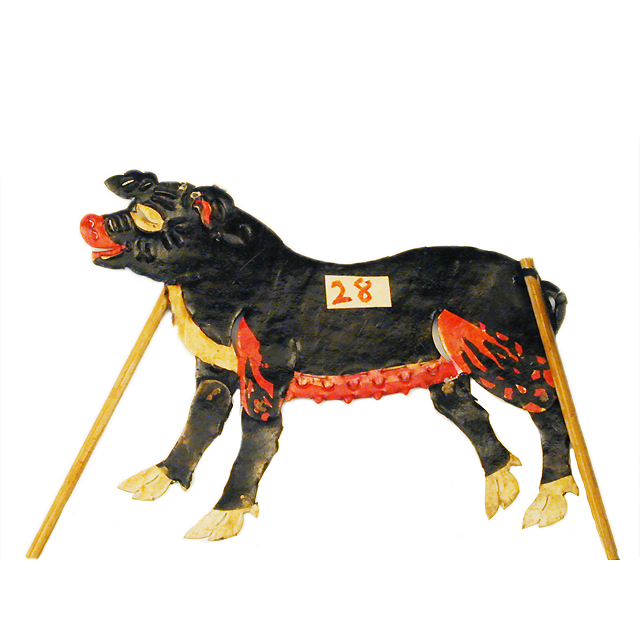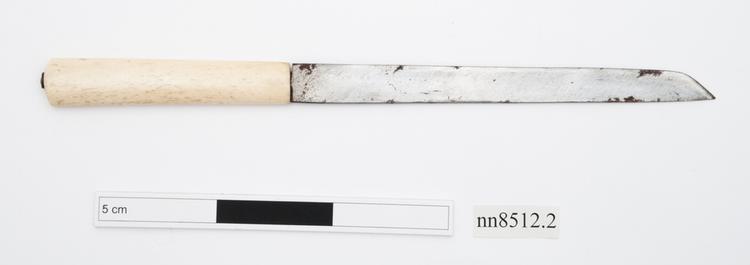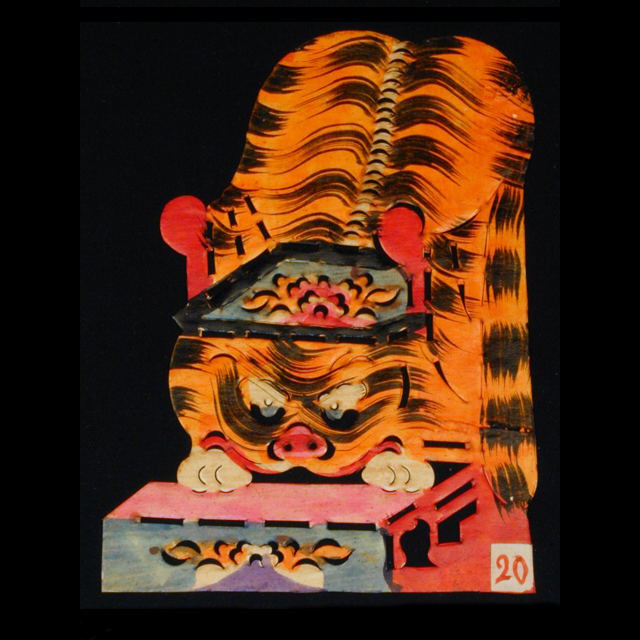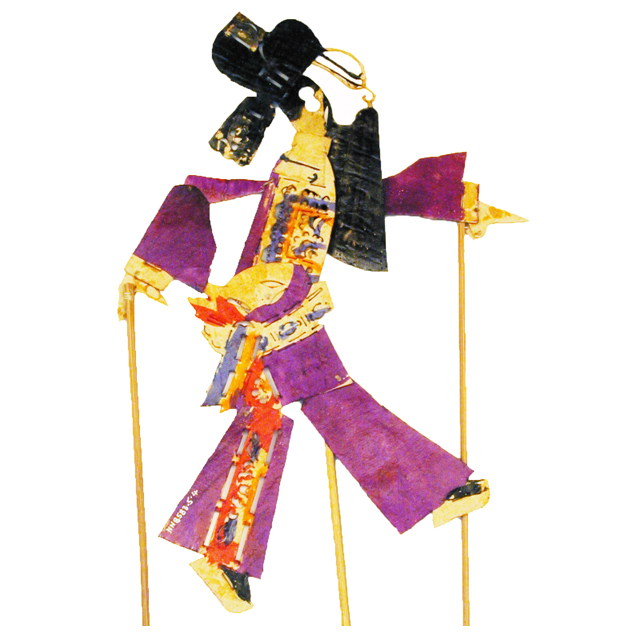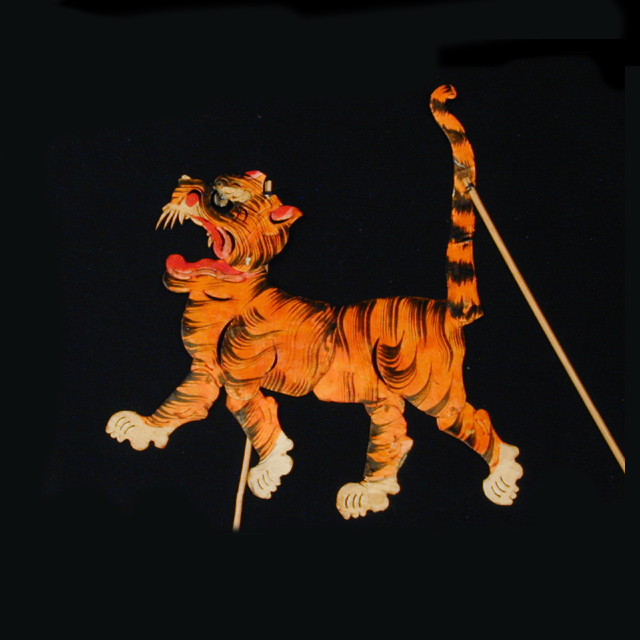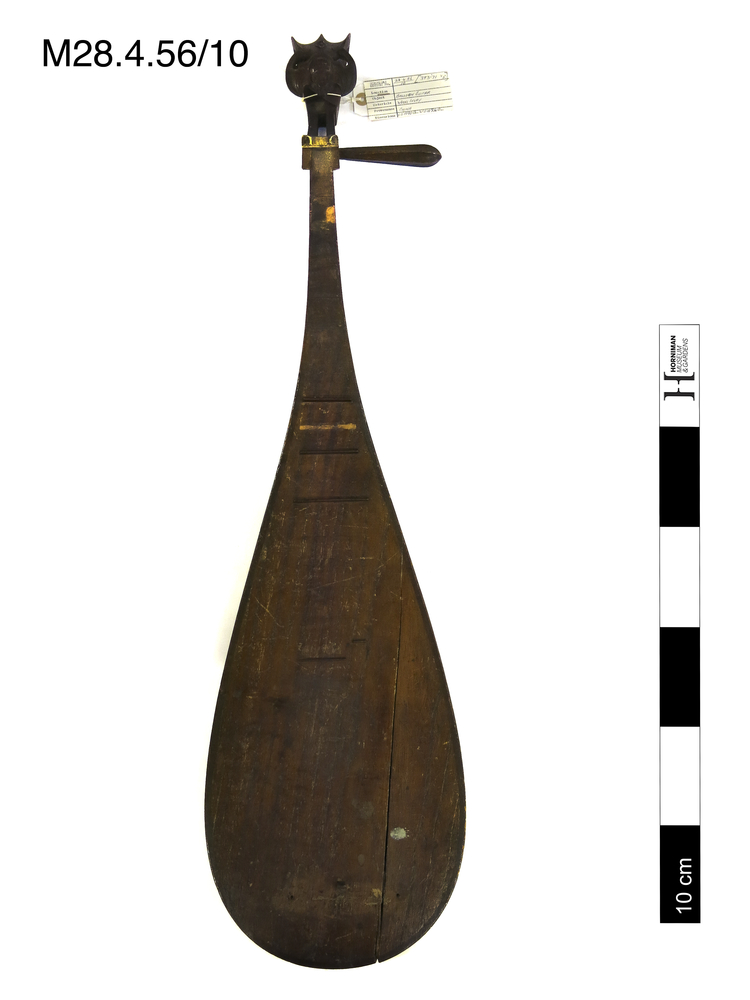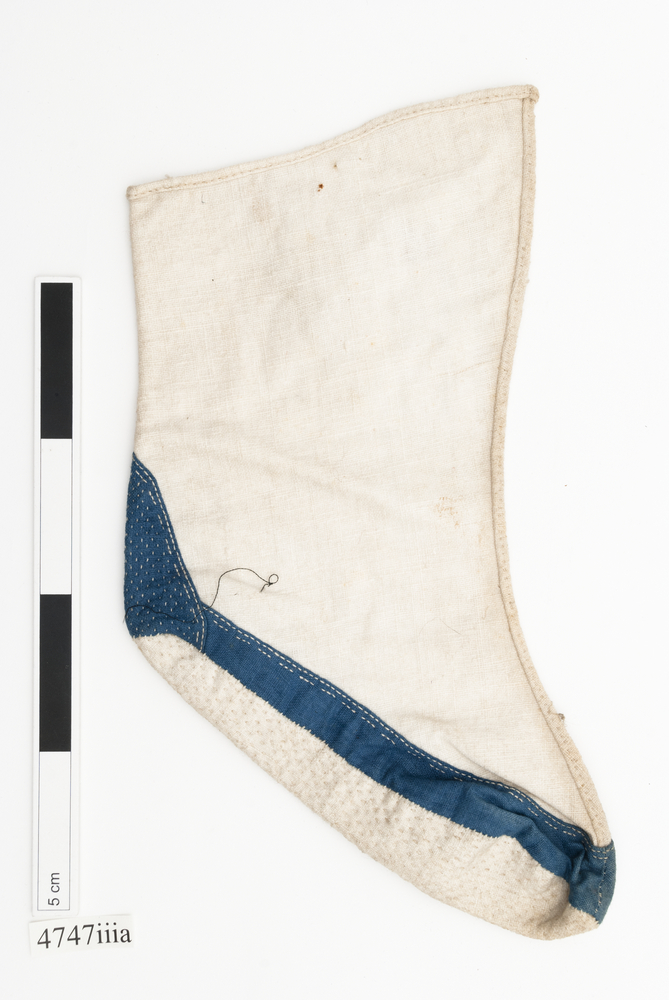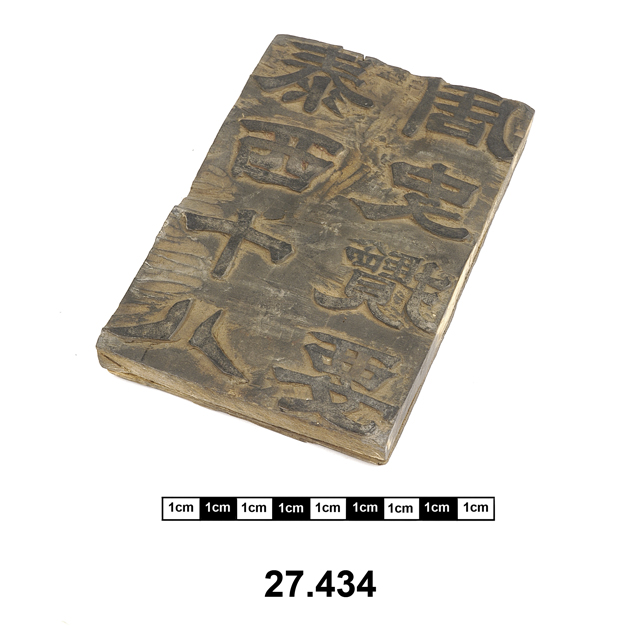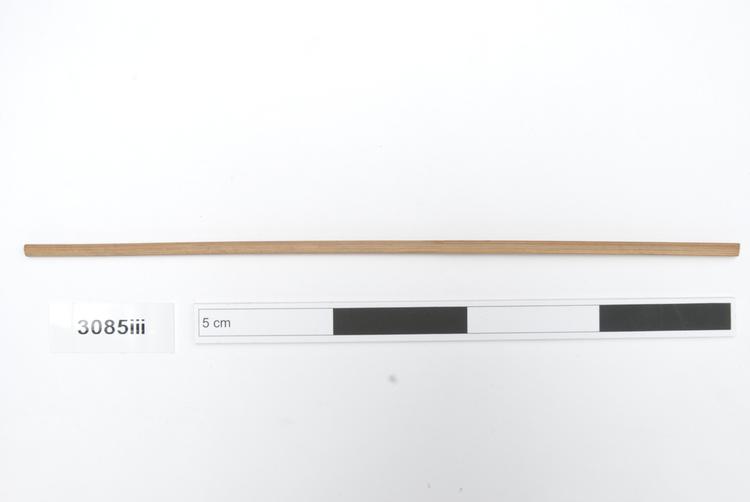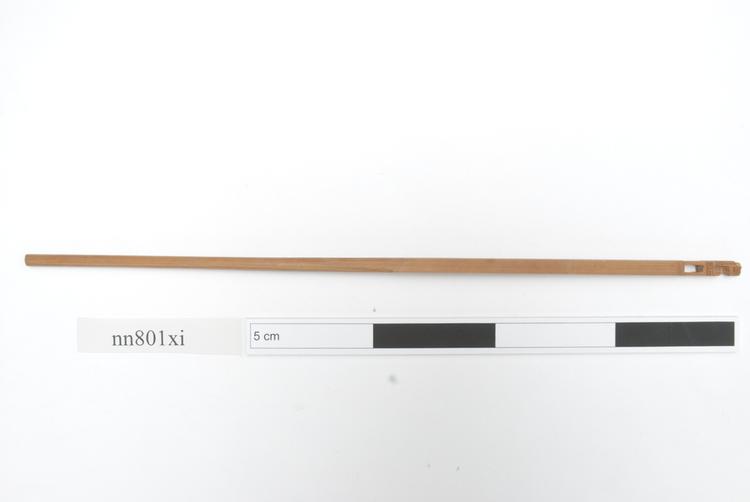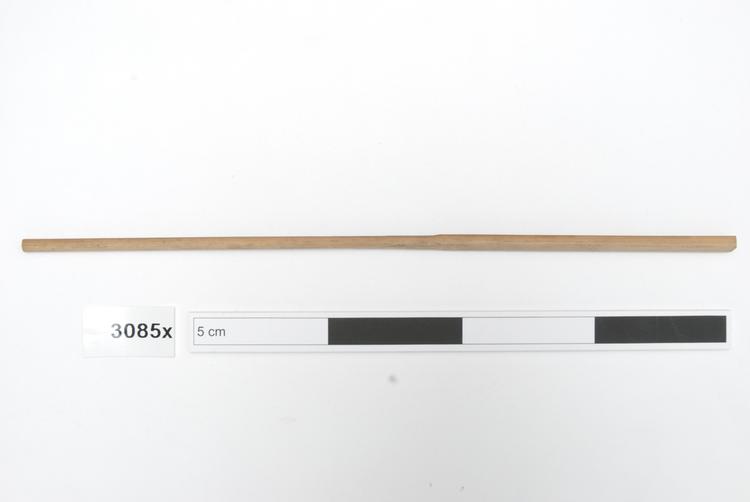Ancestors in China
The tradition of ancestor veneration in China has its origins in the shamanistic cults of the Neolithic and the Shang dynasty and became central to the hierarchical teachings of Confucianism and the concept of filial piety. It was the responsibility of the head of the household to make sacrifices to the male ancestors of preceding generations and to honour their memory and achievements at the family shrine or ancestral hall. The ancestors would be consulted for protection and guidance, memorial tablets in their honour placed in the hall and offerings made to them following the strict codes of ritual and propriety laid out in Confucian texts. Reform of ritual practices during the Song dynasty with the establishment of a new Confucian orthodoxy meant that these rituals, originally only practised by the wealthy, could be carried out by all classes of society.
Offerings of food, sometimes sumptuous feasts, as well as items for everyday use, were offered to the ancestors. The latter could also be paper replicas, burnt together with jin zhi, or ‘gold paper’, sometimes known as ‘hell money’, for use by deceased relatives in the afterlife. In modern times, cars, televisions and other luxury goods have been fashioned out of paper for use in this way.




